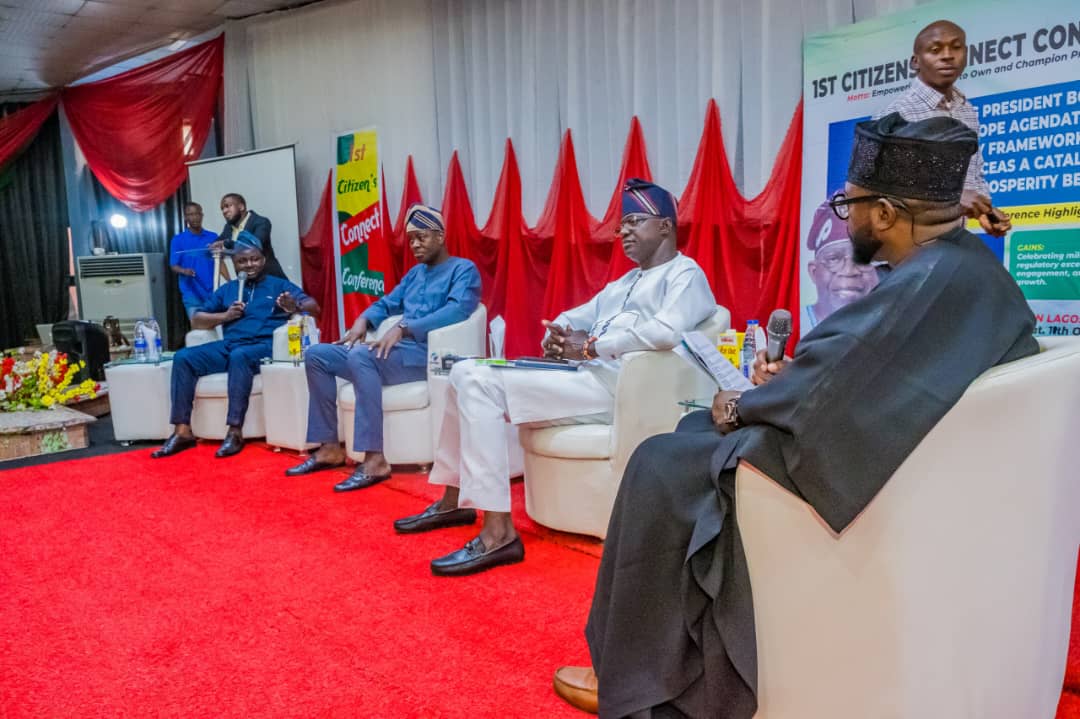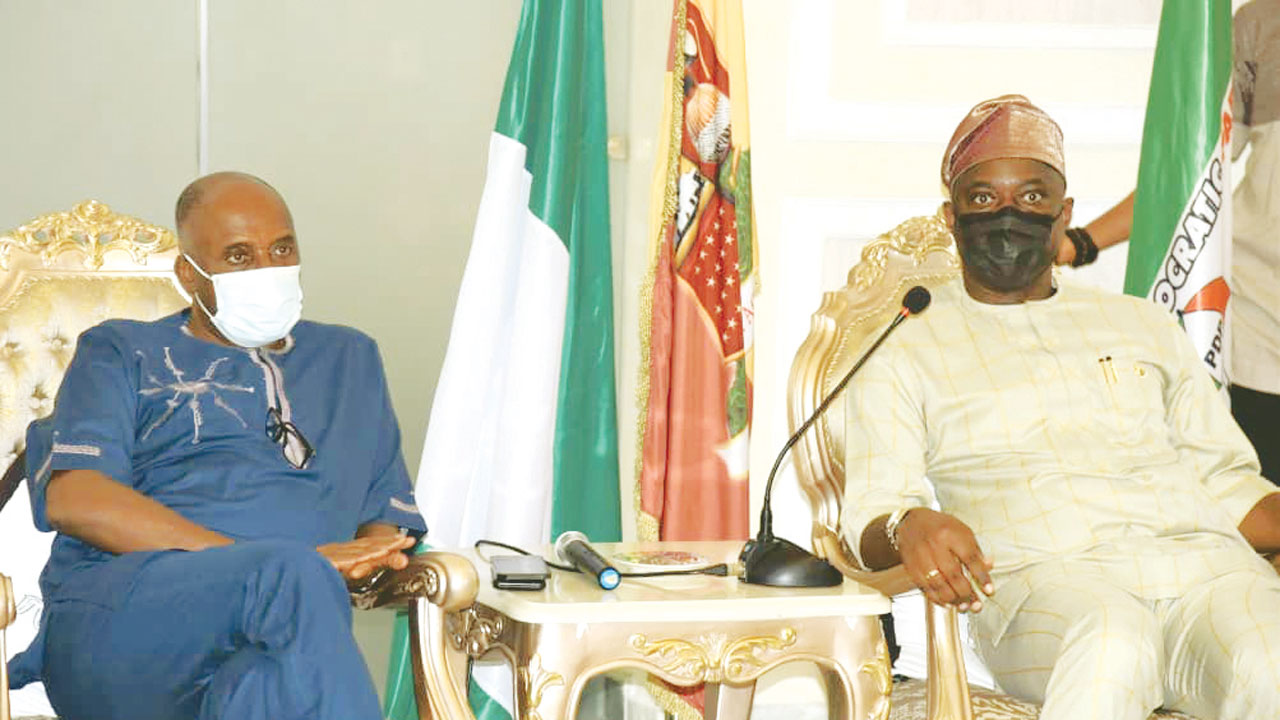A coalition of reform-driven citizens under the umbrella of the Citizens Connect Conference has commended President Bola Ahmed Tinubu for his transformative achievements in Nigeria’s oil and gas sector.
Speaking at the maiden edition of the Citizens Connect Conference in Lagos, the Convener, Charles Abakpa Onoja, said President Tinubu’s administration has restored national confidence in the sector through deliberate and data-driven reforms anchored on the Petroleum Industry Act (PIA).
In his address, Onoja stated: “For decades, the oil and gas sector symbolised both our promise and our pain. We have heard stories of corruption, inefficiency, and missed opportunities. Yet today, there is a new story unfolding—a story of reform, renewal, and restoration.
“Under President Bola Tinubu and the leadership of the Nigerian Upstream Petroleum Regulatory Commission (NUPRC) headed by Engr. Gbenga Komolafe, the sector has been reborn on the firm foundation of the PIA. What Nigerians are witnessing today is not luck; it is leadership—structured, deliberate, and data-driven.”
He noted that in just two years, NUPRC has generated over ₦12.25 trillion in revenue for the federation, describing it as an unprecedented milestone driven by improved monitoring and enforcement systems.
Participants drawn from the six South-West states used the platform to review the ongoing reforms spearheaded by President Tinubu and key agencies in the oil and gas industry.
The guest speaker, Prof. Yemi Oke, SAN, praised the administration for the effective implementation of the PIA, noting that the removal of fuel subsidy has yielded multiple socio-economic gains.
He said the policy has led to a 200 per cent increase in allocations to states and local governments, as well as the execution of major road projects, healthcare initiatives, power sector investments, student loan schemes, and higher NYSC allowances.
Prof. Oke listed additional benefits of the reforms, including renewed private refinery investments, gas development projects, the ongoing LPG and CNG revolution, foreign exchange savings, stabilization of the Naira, and enhanced fertilizer production.
He noted that “dormant oil blocks are returning to productivity, production reporting is now electronic, and field development plans are strictly monitored for compliance. The era of discretionary approvals and rent-seeking is fading away, replaced by process, predictability, and performance.”
Highlighting the administration’s focus on gas as the nation’s transition fuel, Oke said the Gas Flare Commercialisation Programme has turned environmental liabilities into economic opportunities, reducing waste, protecting the environment, and creating jobs.
He further emphasized the impact of the Host Community Development Trusts (HCDTs), which he said have received over ₦358 billion, funding more than 500 community projects in education, healthcare, road construction, and youth empowerment across oil-producing regions.
“For the first time, host communities are not treated as afterthoughts—they are partners,” he said. “This is what President Tinubu envisioned when he speaks of Renewed Hope — hope that builds hospitals, powers schools, and uplifts forgotten communities.”
According to Oke, transparency has become a defining feature of the reformed oil sector, with NUPRC’s real-time electronic reporting systems eliminating leakages and ensuring accountability.
“The days of guessing Nigeria’s crude production are gone. The data now speaks for itself,” he said. “These reforms have made Nigeria’s oil regulatory framework one of the most predictable and investor-friendly in Africa.”
Oke concluded by urging continuity in reform-driven governance, warning that “the progress of the last two years can easily be lost if the focus shifts from reform to rhetoric. Nigeria cannot afford to go backwards. We must protect this momentum by renewing the same political will in 2027.”






